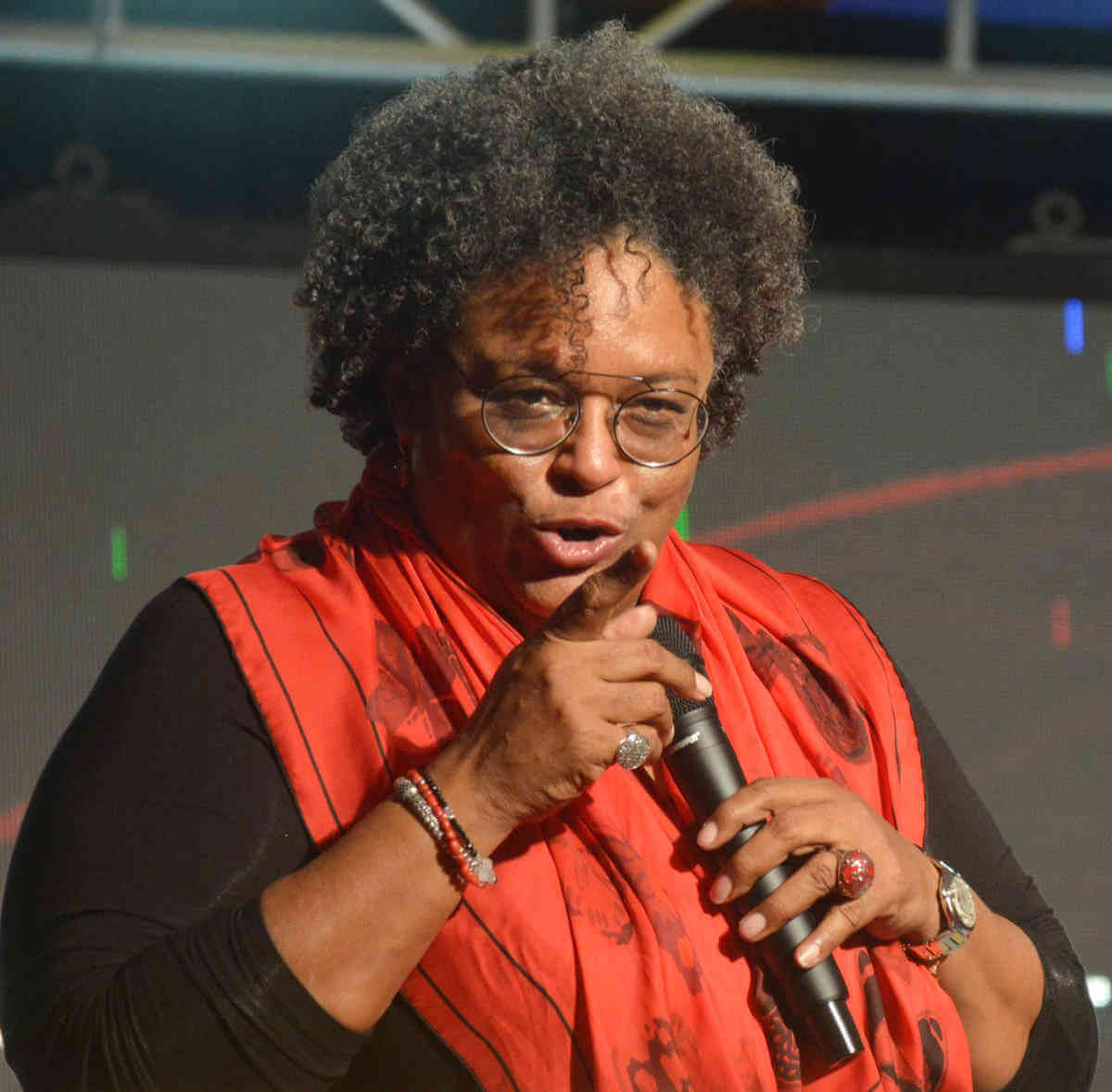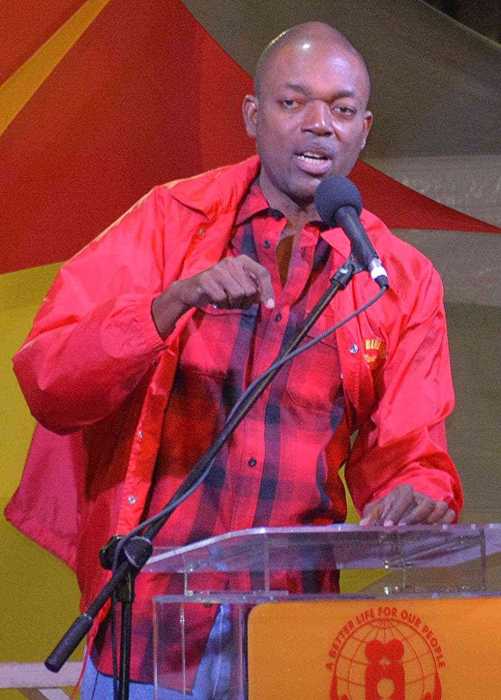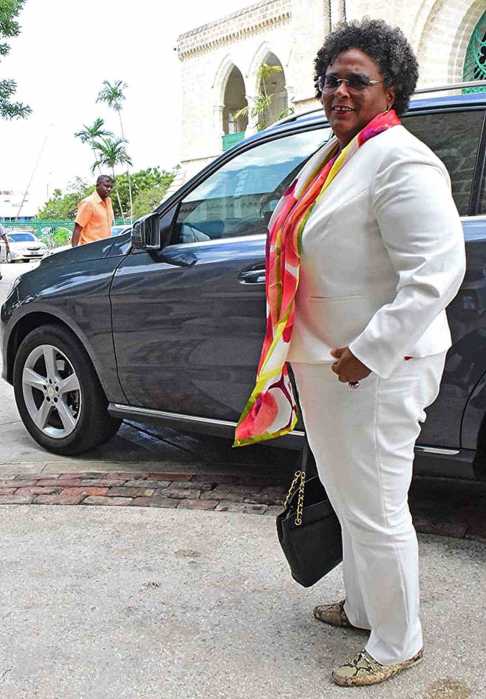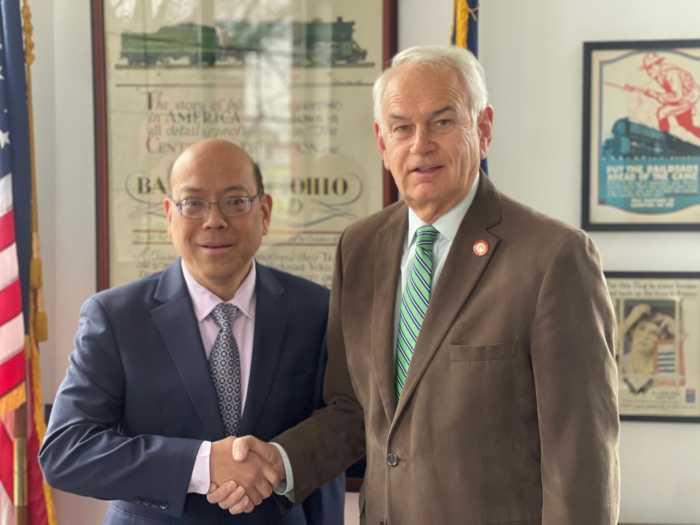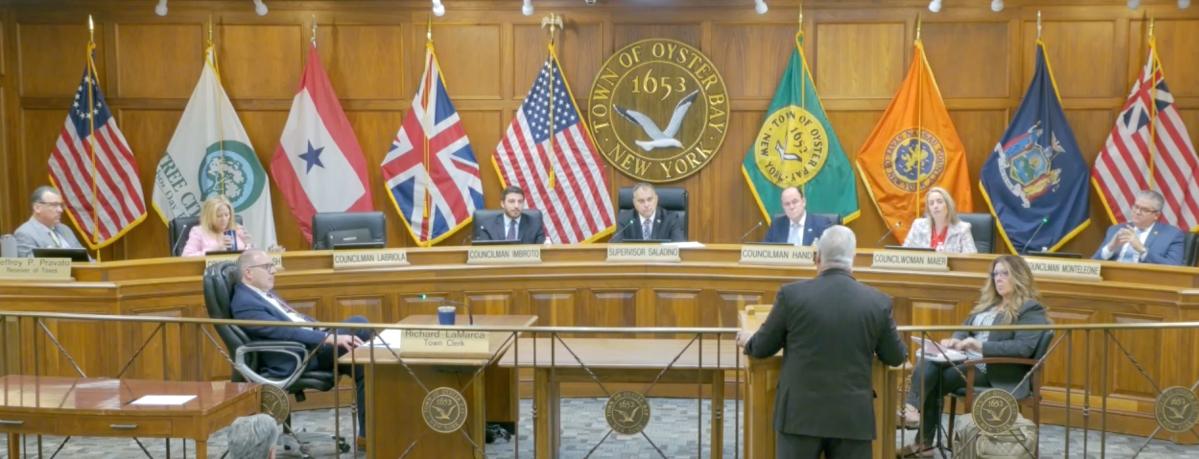Come November, the United Kingdom can add another coinage to its lexicon of terms representing divorces from Britain.
Already facing a reckoning from Brexit, their split from the European Union, and Megxit, the word coined to describe Meghan Markle’s departure from executing royal duties and her moving from England — Bimxit could well emerge the term befitting CARICOM member nation Barbados and its decision to remove the queen as head of their island nation.
Citizens of the Caribbean island often referred to as Bimshire decided last year that on this year’s anniversary of independence they intend to fully discard with the tradition of a colonial monarch controlling their destiny.
Prime Minister Mia Mottley said, “Barbados will take the next logical step toward full sovereignty and become a Republic by the time we celebrate our 55th Anniversary of Independence.”
The announcement by the Caribbean’s MM was not buoyed by any particular royal rebuke or reason of resentment but a fulfilment of a sought-after quest to obtaining self-determination.
“This is the ultimate statement of confidence in who we are and what we are capable of achieving,” MM said.
Simply stated she emphasized that the island also known as “Little England” wants a Barbadian head of state.
“The time has come to fully leave our colonial past behind.”
Barbados is not the first former colony in the region to remove the queen as head of state. Guyana decided to sever ties with the royal ruler in 1970.
The trailblazing decision became effective just four years after they gained independence. A mere six years later, the twin islands of Trinidad & Tobago adopted the idea and Dominica followed suit in 1978.
All three nations opted to continue as members of the Commonwealth nations.
Since the 1970s the Brits have maintained temperate calm within the commonwealth community.
However, in 1992 the East African nation of Mauritius cited what could be perceived to be irreconcilable differences. They too became a Republic.
In 2016, the term Brexit simplified Britain’s split from the European Union.
Since then, the media has sensationalized high profile divorces meshing identifying names with an abbreviated form of the word exit.
MM, The Duchess of Sussex and America-born wife of Prince Harry, the grandson of Queen Elizabeth II became fodder for British media when she decided to exit her palatial home two years ago to reside in Canada and later in California.
Megxit proved the choice description for her decision and was further amplified when she decided to step away from the senior role she was expected to execute in order to maintain a royal title.
The term seemed to define a separation from British mores, to some a severance of ties to duty but to others the declining reliance on British domination and also a summation of the diminishing role of one of the world’s oldest monarchy in 21st century.
In November, MM, Bimshire’s first female leader will add to that declining equation for a royal reckoning.
Although the queen will no longer continue in her mostly ceremonial role as head of state, she will continue to be represented by the governor general.
According to reports Buckingham Palace has been resigned on the issue.
The BBC reported that the idea of self-rule “was not out of the blue” and “has been mooted and talked about many times.”
Reportedly the consensus from Buckingham Palace — the home of the queen — was that the decision was solely dependent on the people and government of Barbados.
The queen is head of state of the United Kingdom and 15 other countries that were formerly under British rule — among them Australia, Canada, New Zealand, Solomon Islands, Tuvalu, Papua New Guinea, CARICOM nations Jamaica, Bahamas, St. Lucia, St. Kitts & Nevis, Antigua & Barbuda, St. Vincent & The Grenadines, Belize and Grenada.
Catch You On The Inside!


